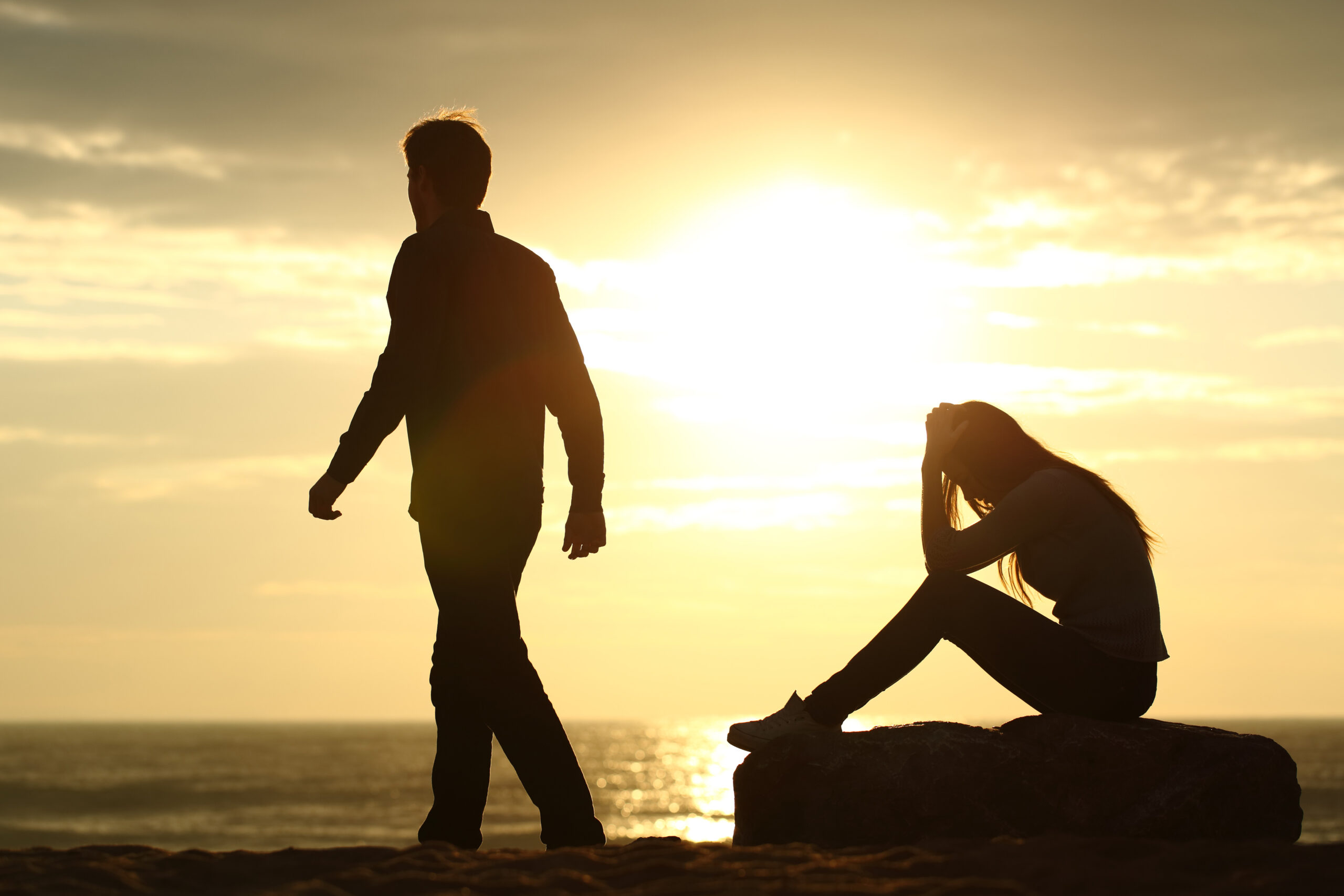By Elizabeth Fedrick, PhD, LPC —
Rejection is one of the hardest and most painful experiences that we have as humans. It is very common and can happen in a variety of ways, which makes it that much more frightening, because it is impossible to avoid. Whether it is rejection from friends, family members, somebody we have a crush on, a job interview, a sports team tryout, etc., all experiences of rejection result in some type of hurt and disappointment. Because of the unavoidable pain and sadness that comes along with a sense of rejection, we often do everything in our power to attempt to avoid this highly uncomfortable feeling; however, this avoidance approach frequently leads to missing out on really great and enjoyable experiences.
For example, we might not send that text to a crush or a new friend due to being afraid that they won’t respond or might not like us in the same way. We convince ourselves that there is no way they could like us back and we start thinking crazy stories about all the horrible (and not true!) things about ourselves that would prevent anyone from liking us. This slippery slope never ends well. Because what if they do like us in the same way? What if they are actually worried we won’t like them back? What if they have been waiting all day for our text?
Or maybe we don’t try out for the sports team, the band, the musical, or the dance competition, because we have already decided that there is absolutely no way we are good enough to make it. We watch everyone else trying out and decide that they are waaaaay better than we are and that we would get laughed right out of the tryout. But what if that isn’t true? What if we did make it? What if we are the perfect addition to that team or competition?
The fear of rejection is such a powerful phenomenon and puts us all at risk for missing out on some amazing opportunities. It is important to recognize that the fear of rejection is universal and actually quite normal. Psychologists believe that this fear is deeply engrained in us from very long ago and that it developed during tribal times. During this time, it was crucial to be accepted by your tribe for your safety and survival. Thus, when there is a risk of rejection, our brains do everything in their power to stop us from having to go through this experience, because there is fear that it might result in our actual demise. While I think we can pretty safely say that rejection nowadays doesn’t equal death… it is also safe to say that it still feels incredibly sad and disheartening.
So, what can we do about this fear to stop it from getting in our way?! The first thing we can do is recognize that not only is the fear of rejection normal and common, but that rejection in and of itself, is also very common. People experience rejection all the time, not because they are defective, but because it is inevitable and that is okay. Secondly, you will survive every rejection you encounter. Most of us (I can’t speak for everyone) are no longer living with a tribe; hence, acceptance does not directly equate to survival anymore. This means, believe it or not, you can get rejected and still live to tell about it. Lastly, rejection can be used as a learning experience. When we are rejected, there is often a reason. While this reason is not always our fault or within our control, there are times when we can take this feedback and work on improving in areas that are important to us, and that is actually a good thing! One of the most important things to remember is that rejection happens to everyone and there is no way to avoid it. So, instead of trying to hide from it, choose to take risks and go after the things that you want!
***************************************************************************************************************
Dr. Elizabeth Fedrick is a Licensed Professional Counselor and owns a private practice, Evolve Counseling, in Gilbert, Arizona. She specializes in various areas, including depression, anxiety, trauma, relationship issues, and personal improvement. In addition to providing therapeutic services, Elizabeth also teaches Behavioral Health courses for Grand Canyon University.

